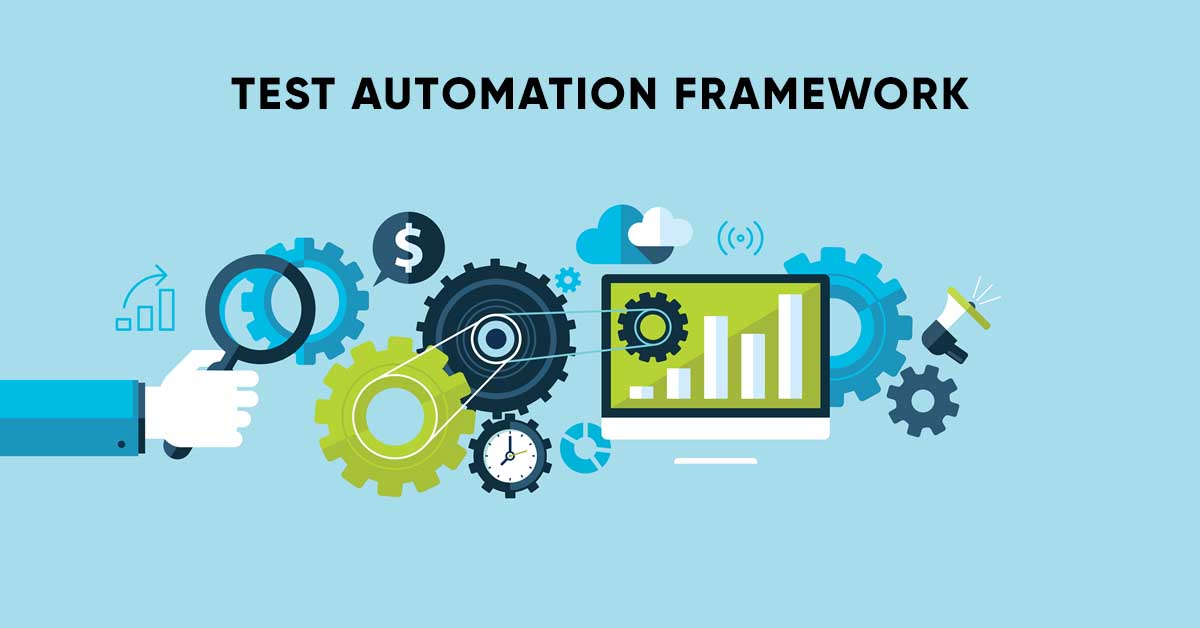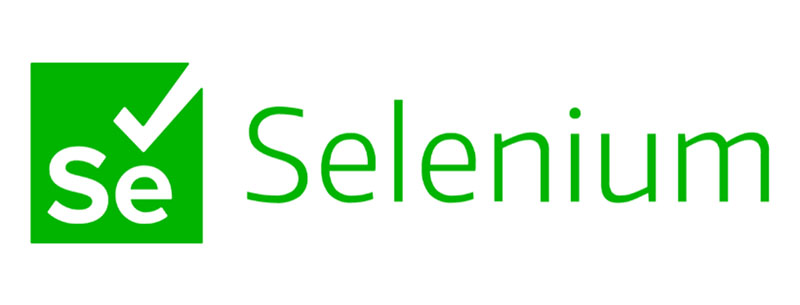
A test automation framework defines a set of rules or best practices which you can follow in a systematic way to achieve the desired results in test automation. The success of automated testing highly lies in choosing the right type of test automation framework. Unfortunately, different automation projects come with separate requirements and challenges, making it hard to find a one-size-fits-all solution to go.
So, let’s learn how to choose a suitable automation framework for your project.
How to choose the right test automation framework?

Selenium is among the most popular test automation frameworks
Step 1: Clarify the project requirements
Every effective automation test project starts with the right requirements set. First and foremost, you need to have a clear understanding of the project characteristics as well as the target testing outcome.
For example, when we designed test automation frameworks for our client’s F&B applications, we listed out the following:
- Test scope: 20 web & mobile applications with 5 – 6 releases per year for each application.
- Client’s needs: UI automation testing & APIs for backend testing; Cross browsers and operating systems testing.
- Target outcome: Reduced time for regression test.
- Challenges: End-2-end test flow is complicated and the data set is huge for API tests.
- Solution: Develop API test program (using Java), support data-driven to test a huge dataset.
Step 2: Define the budget
To set a budget for your test automation project, you have to calculate the effort for developing and maintaining scripts, plus the budget for automation testing tools and infrastructure. Types of test automation framework include:
- Open-source frameworks
- Commercial frameworks
- Customized frameworks
Then, decide whether you will use a free, open-source framework or pay for a commercial tool. There are pros and cons to each option:
- Open-source tools: They are free tools with an active community, free tutorials, and meetups. However, open-source tools may become outdated, become too slow, not 100% fit your project, and require high-tech capacity to customize.
- Commercial tools: Also called paid tools, offering a lot of features outside of the box. Still, with high costs, they’re unpopular and hard to find tutorials and support from the community. They should provide users with prompt customer support for all technical issues.
Although the commercial tools come with high initial investments, they help increase productivity and benefit us much better in the long term. If you’re ready to spend money on a commercial tool, it’s better to start a free trial and experiment on a small project before buying the full package.
Step 3: Consider the tech stack
An ideal framework for test automation should be compliant with the programming language used for the project as well as familiar with your team.
Firstly, you should see if your test automation engineers are well versed in a particular language and framework, then, compare it with the programming language that your project was developed on. If there’s a difference, take into account the effort spent on getting familiar with the language and the effect of using it. Maybe it will decrease your team’s productivity, but it won’t expand the required tech stack and allows you to ease into the process while helping to avoid unexpected issues.
In case you work with mobile apps, you’ll also have to consider the supported platforms. If you target various platforms, you should choose a tool that supports all. For instance, Selenium and Appium support both IOS and Android.
Step 4: Evaluate the test automation framework
There are some aspects that you need to consider before choosing a framework for the automation project.
Maintenance and reusability
A significant factor that escalates the total cost for test automation is script maintenance. Even a small change of application can cause the script to fail. So, if debugging is easy, it could reduce the effort.
On the other hand, script reusability saves you and the team a great deal of time for similar test cases as you can reuse test scripts.
Integration capabilities
CI/CD is now becoming quite popular in software development. The chosen framework should be able to integrate into the CI/CD pipeline to ensure full automation.
Nice-to-have features
- Report: A well-categorized, easy to read, easy to understand report display will be a bonus for an automation framework. Because the ability to analyze errors when reading reports will help reduce debugging effort for the project.
- Behavior Driven Development Framework: If you are not a techie, using BDD frameworks with Gherkin syntax will be an advantage to help you better understand the project. The BDD framework also gives a fairly readable report with the steps written in human languages (English, Vietnamese…)
Step 5: Verify the selection
When you come up with your selection among automated test frameworks, don’t implement it immediately. Proof of concept (POC) may be very useful for conformity checks or in case you still have some doubts about the tool.
This POC can help you identify:
- How the framework is maintained
- How easy it is to use
- Whether it meets your requirements
- If it addresses some of the high-priority edge cases you have, as well as different scenarios and controls in the application.
Step 6: Make the final decision
You now have all the necessary information to decide the right framework for your automation test project. You should have a strong awareness of the test automation tool, understand all the strong and weak points of the solution and keep the balance between cost and benefits.
Let LQA helps you choose the right test automation framework
Although choosing between different types of test automation framework will take some time and effort, it is a prerequisite to ensure effective automation tests in the long term.
At LQA, we have 6 years of providing custom testing and QA solutions to global clients. We implement both manual and automated tests to maximize the efficiency and effectiveness of your project. Don’t hesitate to contact us for a free consultation regarding selecting the test automation framework or figuring out the plan for your next steps!
- Website: https://www.lotus-qa.com/
- Tel: (+84) 24-6660-7474
- Fanpage: https://www.linkedin.com/company/lqa/






